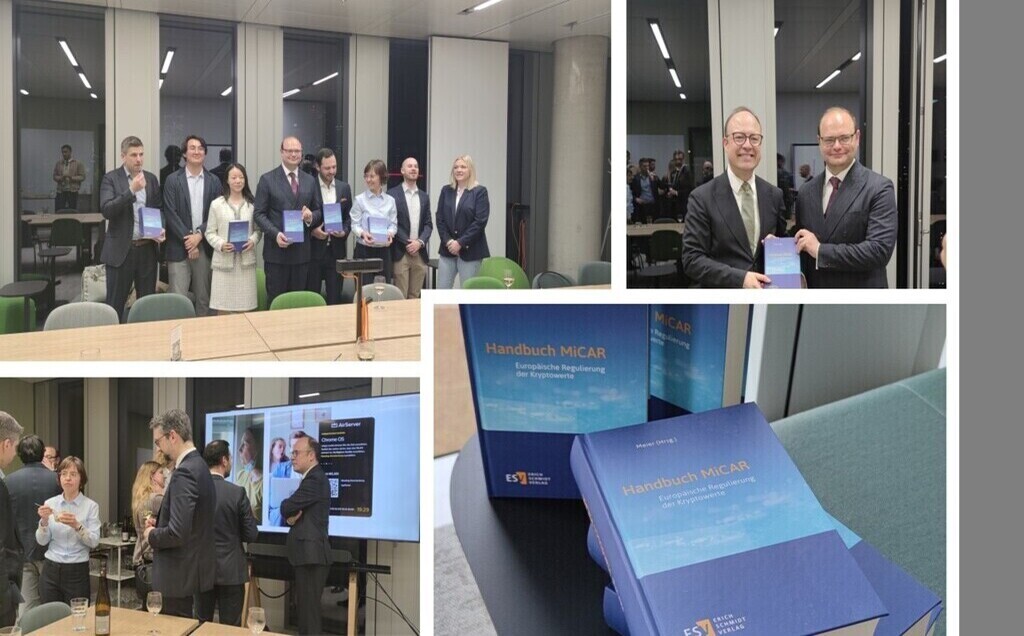The issuance of stable coins that derive their value directly from an official currency such as the euro or US dollar will only be possible in the European Union from June 30, 2024 in compliance with the regulations of the new Markets in Crypto Assets Regulation (MiCAR). As in the case of traditional, non-tokenized E-Money within the meaning of the Second E-Money Directive, strict requirements will also be imposed on the issuers of E-Money Tokens, which is why not every company will be eligible to issue E-Money Tokens under MiCAR. Rather, this privilege will only be granted to licensed and supervised credit institutions and e-money institutions. In Germany, a BaFin license will therefore always be required for the issuance of E-Money Tokens under MiCAR. However, MiCAR also imposes further obligations on issuers of such Tokens. For example, issuers of E-Money Tokens must prepare a comprehensive crypto whitepaper containing the minimum information specified in MiCAR so that the Tokens may be offered publicly in Europe or authorized for trading on crypto exchange platforms, for example.
MiCAR Places Content Requirements on Crypto White Papers for E-Money Tokens
Prior to the public offering of E-Money Tokens in the European Union, the issuer holding a BaFin liecense must prepare a crypto whitepaper and publish it on its website, and submit it to its competent authority – BaFin in Germany – no later than 20 working days prior to publication. In the crypto whitepaper, the issuer of the E-Money Token must, among other things, provide information about itself and how the E-Money Token works, the manner of the planned public offering or authorization for trading, the rights and obligations associated with the E-Money Token, the associated risks and also the main adverse effects of the underlying consensus mechanism on the climate. In addition, the crypto whitepaper must contain numerous warnings, such as the lack of deposit protection and the fact that the crypto whitepaper has not been approved by a supervisory authority. Overall, the crypto whitepaper must be formulated in a fair and comprehensible manner and must not contain any misleading statements. The crypto whitepaper must be written in a language of the issuer’s home country or in a language commonly used in the international financial community. Especially if the E-Money Tokens are not only to be offered in Germany, it is therefore advisable to prepare a crypto whitepaper in English.
Redemption Obligation and Interest Prohibition as Restrictions under Private Law
The MiCAR also imposes obligations on issuers of E-Money Tokens in terms of private law. Of crucial importance in this respect is the redemption obligation enshrined in the regulation, which guarantees the bearers of E-Money Tokens the right to redeem the Tokens in legal tender at any time at their nominal value. Issuers holding a BaFin license may not charge any fees for the exchange. The MiCAR legislator is also strict with regard to the possibility of paying interest on balances in E-Money Tokens. Interest may not be granted in relation to E-Money Tokens. The prohibition of interest applies not only to the issuers of E-Money Tokens, but also to crypto service providers, who are not allowed to grant interest in connection with the crypto services they provide. The MiCAR clarifies that interest within the meaning of the prohibition of interest shall also include all remuneration and other benefits in connection with the ownership of E-Money Tokens.
Attorney Lutz Auffenberg, LL.M. (London)
The competent lawyer for the application of a MiCAR license and advice on issuances of E-Money Tokens and for obtaining a BaFin license in our law firm is Attorney Lutz Auffenberg, LL.M. (London).
subscribe to Newsletter






